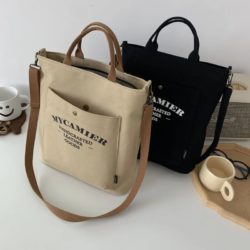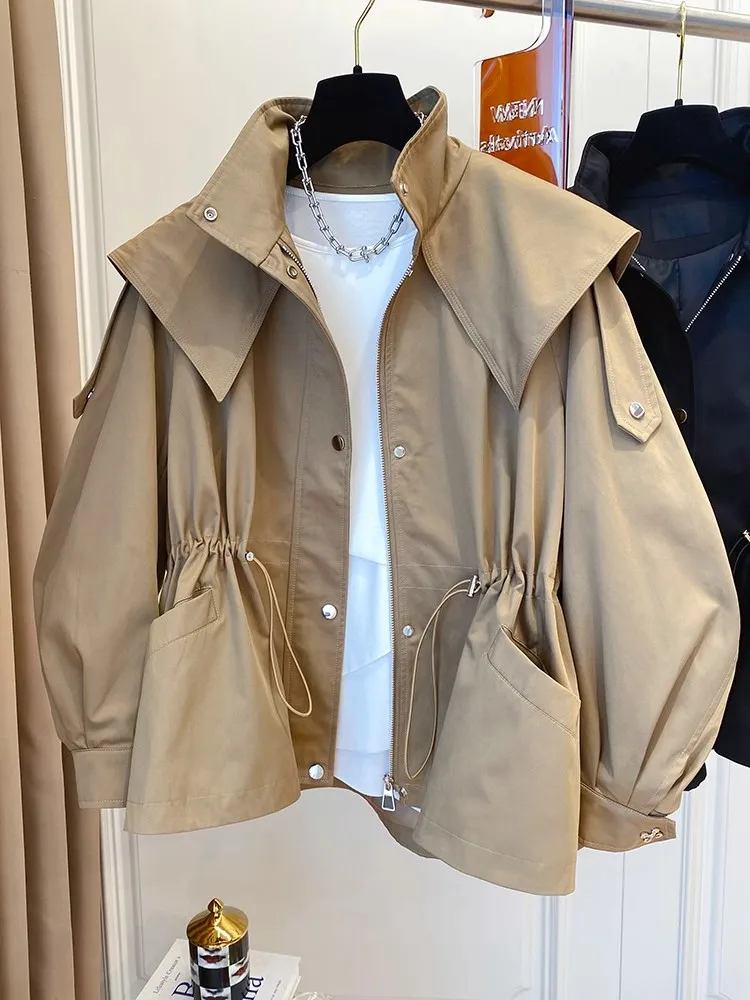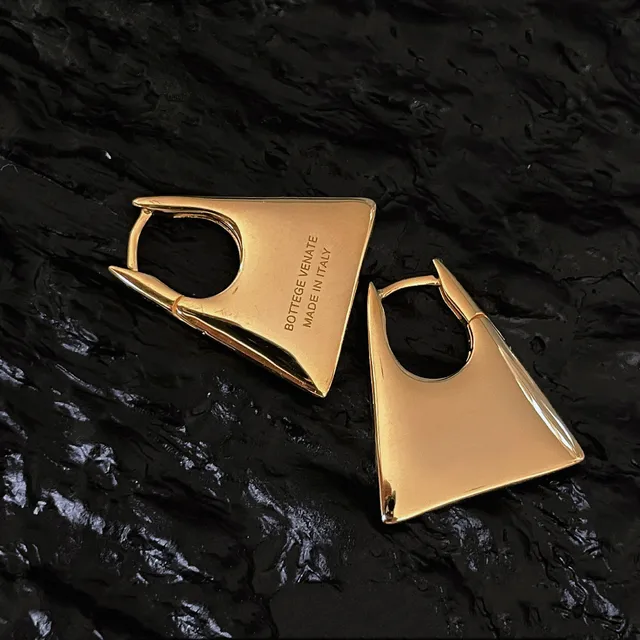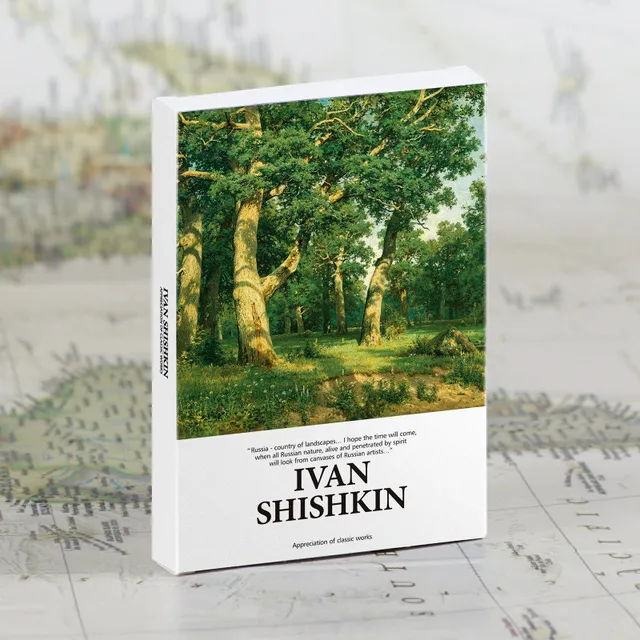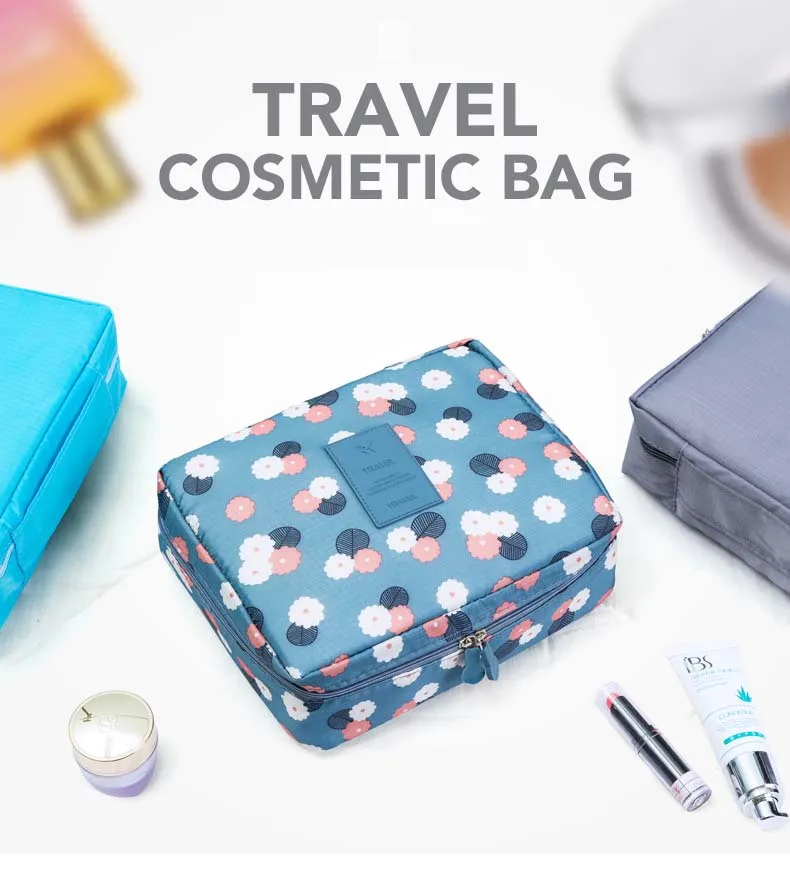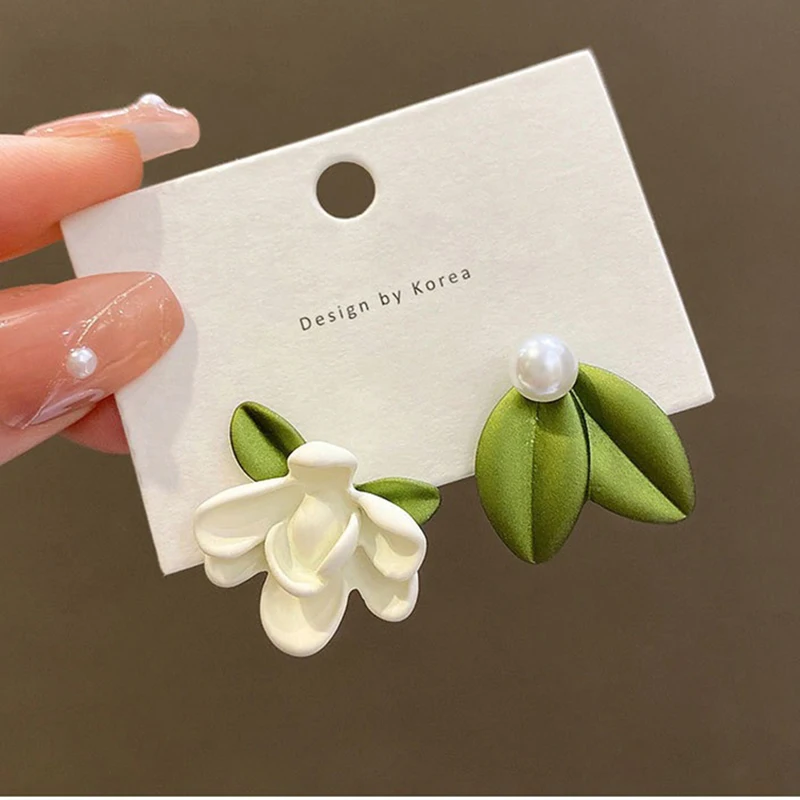There was something about Annie that immediately caught my interest – maybe it was the fact that she called herself an abled traveler with a disability. Or maybe it was seeing the photo of her zooming across a beach in a motorised scooter – having adventures even though she might not be the first person that comes to mind when you’d think about an adventure traveler… I wanted to learn more about her story.
Min. Annie Bell is a survivor of child polio and child sexual abuse. She retired from her career as an independent financial advisor due to medical reasons but continued as Executive Director of a non-profit organisation which she founded in 2000. With this organisation she hopes to bridge the gap between the rich and the poor through financial education and Christian Counseling, particularly advocating globally for the prevention of child abuse and sex trafficking. But Annie is also a mother of two, happily married, and – of course – a globetrotter.
How did you get into traveling?
I was bitten by the travel bug in my early 20s when I went on my very first vacation to Disney World in Orlando, FL. I stayed at the Wilderness Lodge Resort for seven wonderfully blissful days and went to every Disney Park. It was there when I realized that with some specific accommodations, I could fully enjoy the park like everyone else. It leveled the playing field for me. At first, I thought they only had the push wheelchairs but I discovered the Electric Motorized Vehicles and suddenly the whole world opened up for me and I had the taste of true liberty.
I’d describe myself as a “connoisseur of food, family and fellowship”. During my tenure as a Hotel Executive at the Williamsburg Lodge, in Williamsburg, VA., my tastes in fine foods and hotels/resorts were sculpted but my love of life always led me back to people: friends, family, old/new acquaintances and every person who make up each community.
Did you ever face challenges from friends or family regarding your determination to travel?
My mother was very worried about me traveling alone or to foreign destinations but that was about it. I know that her concern was for my safety so I went the extra mile to take safety precautions both, before and during, my trips and I always shared with her my plans so that she would feel a sense of security. Then I had the bright idea about including her in my travel adventures as my Travel Buddy. That made her feel much better and made for some fantastic bonding moments.
What do you think are some of the greatest myths about traveling with a disability?
It has only been since the mid-1900s that people with disabilities were not kept hidden from society. Shame, embarrassment and even religious beliefs made families feel shunned about having a member of the family that was disabled. With that backdrop in mind, I believe that some of the greatest myths about traveling with a disability are as follows:
Myth #1 People with disabilities do not want to go out in public. However, people with disabilities desire the freedoms and liberties to move around this earth just as much as the next person. It is just that all of the stares, whispers and pointing takes some getting used to. It bothered me as a child but my mother always instilled in me the importance of having self-confidence and self-worth. Plus going to public school helped me “toughen up my skin”, so to speak.
Myth #2 People with disabilities can’t travel. I have seen more disabled travelers who travel for pleasure in the last decade than ever before. I believe that it is hugely due to the advent of assistive devices and accommodations such as scooters, elevators, handicap parking, curb indentions, etc. Living in the United States has afforded me more freedoms in mobility due to the ADA regulations than when I lived in South Korea. People with disabilities CAN travel, however, it does take more planning and preparation on the front end and execution of the plan during.
What were some of your favorite travel experiences?
I am partial to all things Disney. Why? They anticipate the needs of all of their guests, even guests with disabilities. They were among the first, if not the first, to make available the motorized scooters during patrons’ visit to their parks and hotels. To take it even a step further, all of the cast members are trained to “see” a person with a disability and assist them without drawing unwanted attention the patron. People with disabilities never have to ask for “special” considerations because they have already anticipated it and made accommodations for it. They always make me feel welcome and that I am not an inconvenience.
Naming my favorite destination or experience is like asking me what is my favorite food or color. I have found something that I loved with every adventure. But I will try!! I have been to 22 different Caribbean destinations. Tortola and Belize could easily be my favorite. I have visited 17 states in the U.S. and my favorite cities are Las Vegas, San Francisco Area, Big Bear Lake and Los Angeles. I have cruised 10 times; I love to cruise. My favorite cruise experience of ALL time is the Disney Cruise, especially the Very Merrytime cruises during Christmas. Favorite Theme Parks… Disney World (no surprise there) and Universal in Orlando, Fl.
How can businesses improve to be more accessible and more inclusive towards travelers?
Disability Sensitivity training for front of the house staff should be a pre-requisite for all businesses. I also believe that creative accommodations must be made for disabled travelers in venues with long lines and long wait times. For instance, never separate the disabled person from their traveling party by asking the “abled” person to stand in line while the disabled person is made to wait elsewhere. It brings unwanted attention to the disabled person.
I love that you call yourself an ‘abled traveler with a disability’ – do you feel well represented in the travel community?
I believe the travel industry has made leaps and bounds in the area of representing the disabled traveler. Not only do you see persons with disabilities in their commercials and brochures but they also try to anticipate the needs of the disabled person. I also put some ownership upon on the disabled person when we consider “change”. We must be more vocal about our needs and also not be embarrassed or ashamed to request and or accept assistance when we need it. That is the only way the abled world will know how they can help. For instance, I was at a restaurant where the only bathroom that they had, had a toilet that sat very low to the floor with no wall railings. I spoke to the manager of the establishment and spoke to their corporate office. Today, that restaurant has renovated the bathroom to make it more handicap accessible.
Also, I would like to add, for businesses in beach towns, invest in Motorized All Terrain Beach scooters. You will draw the clientele needed to recoup your initial investment within the first season!!
What is important for you when it comes to passing on your passion for travel to your children?
Travel is educational and an enrichment that textbooks will never be able to offer. By experiencing different cultures, traditions and foods it allows children to embrace similarities and celebrate differences to cultivate a deeper appreciation for all people groups of this world. We can build a more tolerant world through travel. We homeschool our children because we want the freedom to teach through travel… we are endeavoring to become “World-schoolers”.
Can you tell us a little more about the work you do with your non-profit organization?
Of course! My organization is called Wealth Management Ministries, Inc. We endeavor to bridge the gap between the rich and the poor through financial education and Christian Counseling. Through our Christian Counseling arm, we advocate for the prevention of child abuse and sex trafficking globally called Prevention Works Joint Task Force and Coalition. Currently, we are in the midst of opening Domestic and International Affiliate Offices by which we train the office so that they, in turn, can train their communities respectively. Thus far we have International Affiliate Offices in India, Australia and Ghana (coming soon) as well as Domestic Affiliate Offices in Connecticut and Virginia. Our projection is to open 10 Affiliate Offices by the end of 2018 and have 5,000 people trained by April 2019. It is an aggressive goal, however, it is much needed to interrupt and measurably decrease the abuse of children and the sex trafficking of vulnerable people globally.
What advice would you give other travelers?
Don’t say “I can’t go there”, instead ask yourself “how can I go there?” In this day and time of advanced technology, there is not much that can stand in the way of a made up mind. Stay inspired to travel beyond your boundaries.
I call myself an “abled traveler with a disability”. With assistive devices, pre-planning and some help, I am made able to travel even with disabilities that would have made me unable to travel. That is such a blessing!
Finally, what’s next for you?
On my travel schedule for the next 12 months are Italy, Croatia, Greece, and Paris – but my bucket list goes on: Spain, Germany Fiji, Bora Bora, Maldives, Thailand, China, Dubai, Morocco, Egypt and South Africa.
Disclaimer: I reserve the right to add more to my bucket list in the future!
I have gotten many people, including persons with disabilities to help them plan their travel. Therefore, my husband and I have since opened a boutique travel agency with a focus on peoples with special needs, called . We started a blog and a as well.
Thank you very much, Annie, for your time and the inspiration!
Do you also have a great story to tell? I’d love to hear from you at kathi@travelettes.net!
